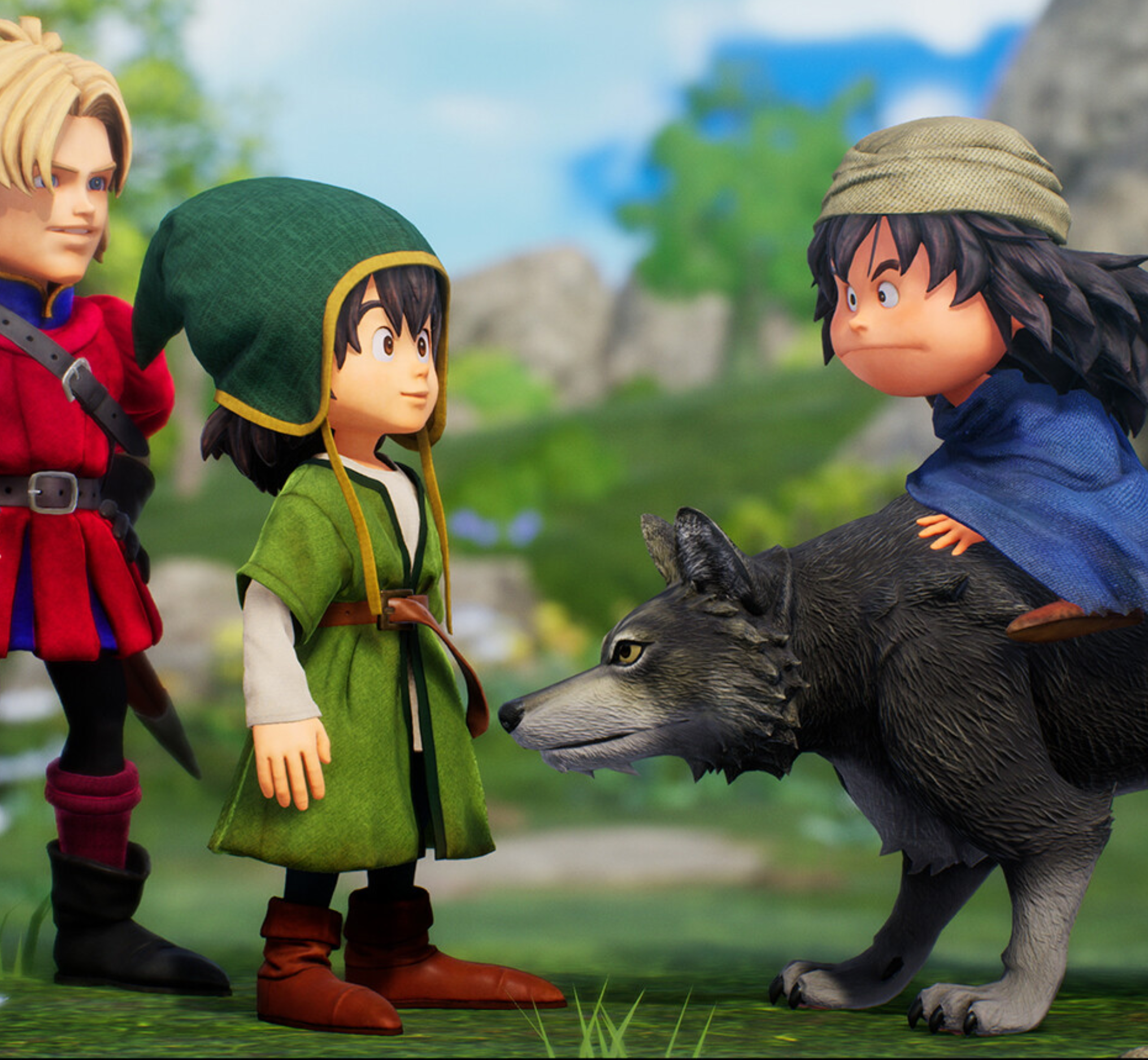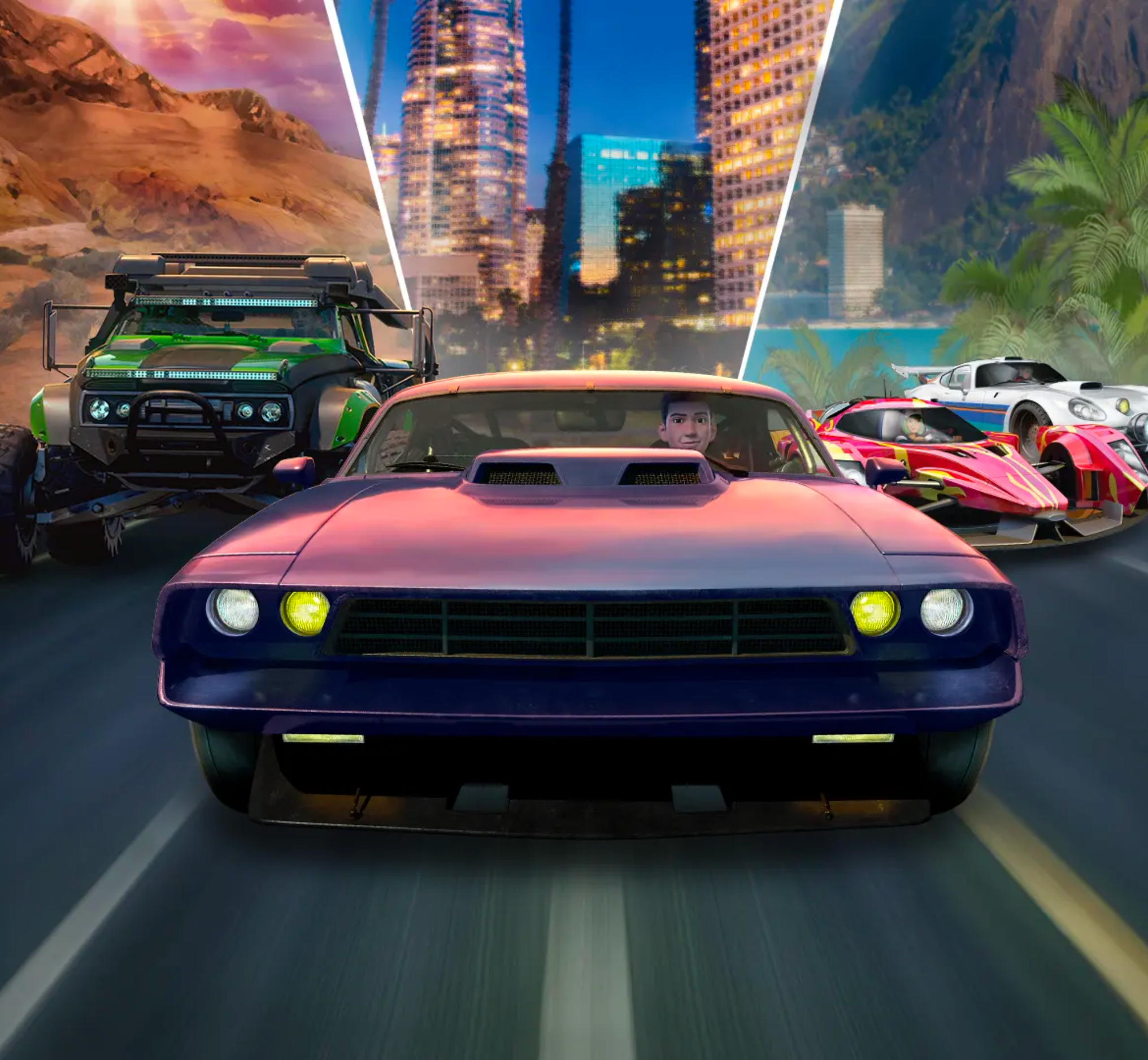The past decade has seen the gaming industry experiment with remakes and remasters, but 2025 appears to be shaping into a full-blown revival era. From beloved role-playing games to cult favorites, developers and publishers are increasingly turning to their back catalogs to bring classic experiences to modern platforms. The trend is gaining momentum, fueled by both nostalgia and the practical demand for high-quality content in an industry facing longer development cycles.
One of the most anticipated titles leading this wave is Dragon Quest VII Reimagined, slated for release in early 2026. The game, originally a massive PlayStation-era RPG, has been completely rebuilt with modern 3D visuals, quality-of-life improvements, and fully voiced dialogue. Fans see it as not just a remake, but a reintroduction of one of the franchise’s most ambitious entries to a new generation of players. Its reveal has already sparked excitement, especially among those who missed the original release or found its length and dated mechanics daunting.
This approach—reviving classics with a mix of fidelity and innovation—has become a winning formula for publishers. Remakes like Resident Evil 2 and Final Fantasy VII Remake proved that updating beloved stories with modern graphics and gameplay could satisfy both nostalgic veterans and newcomers alike. The current wave goes even further, with developers aiming not only to polish old titles but also to reimagine them in ways that feel fresh while respecting their legacy.
The surge in remakes and remasters also reflects practical realities of modern game development. Creating original triple-A titles has grown increasingly expensive and time-consuming, often taking five to seven years from concept to launch. By contrast, revisiting a known property provides studios with a recognizable brand, an existing fanbase, and a wealth of source material to work from. This reduces financial risk while still allowing room for creativity.
Players, for their part, seem more than willing to support this trend. Nostalgia plays a major role, as many gamers are eager to revisit the experiences that shaped their childhoods or teenage years. At the same time, remakes and remasters give newer players an accessible way to experience classics without wrestling with outdated graphics, clunky controls, or unavailable hardware.
However, the strategy is not without its critics. Some argue that an overreliance on remakes could stifle originality, with companies focusing too heavily on past successes rather than investing in bold new ideas. Others worry about the pricing of these updated versions, questioning whether reimagined content should command the same price as brand-new releases. These debates mirror broader conversations in entertainment, where film and television industries also rely heavily on reboots and reimaginings.
Despite the concerns, the trend shows no signs of slowing down. With modern technology enabling dramatic upgrades and fan demand staying strong, publishers see remakes and remasters as both profitable and creatively rewarding. If anything, the success of projects like Dragon Quest VII Reimagined may encourage more developers to dig into their archives and bring hidden gems back to life.
For gamers, this era represents an unprecedented opportunity: a chance to revisit the classics they love, discover old favorites for the first time, and witness how timeless stories and mechanics can be reborn for today’s platforms.



